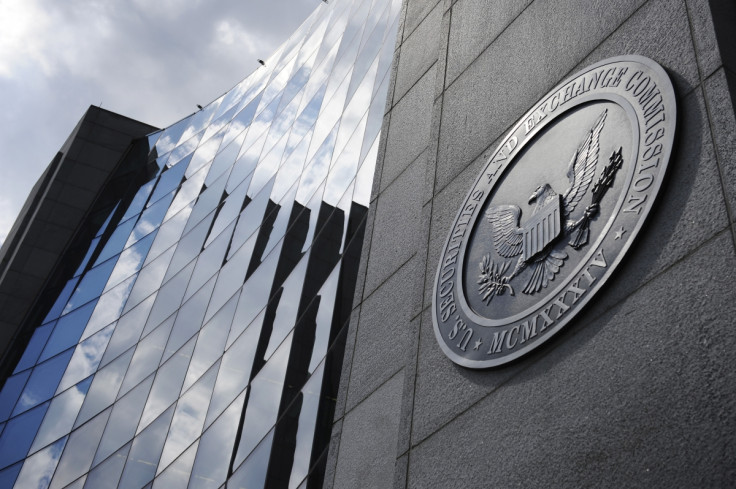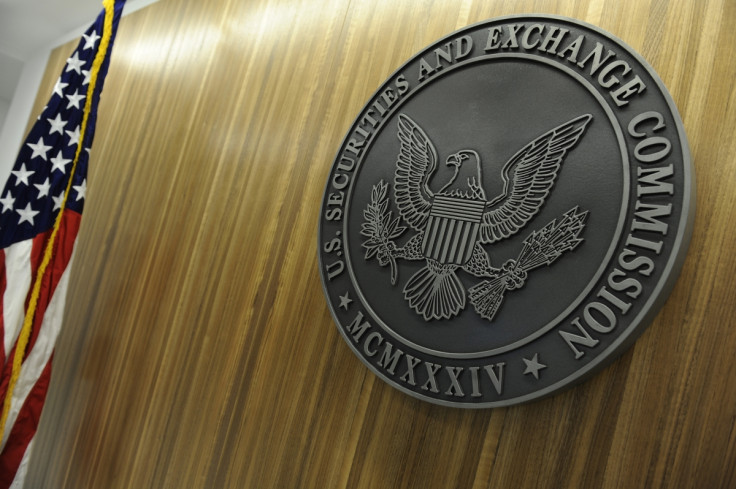SEC Suspends Big Four Accountants Over US-Listed Chinese Firms

A Securities and Exchange Commission judge has suspended the Chinese units of the world's four largest accountancy firms for refusing to hand over auditing data on China-based companies which are listed in the US.
According to a 112-page ruling, SEC Administrative Law Judge Cameron Elliot censured the Chinese affiliates of KPMG, Deloitte & Touche, PricewaterhouseCoopers and Ernst and Young (EY) after stating that the companies "wilfully" failed to give US regulators the audit work papers of certain Chinese companies under investigation for accounting fraud.
The auditors claimed to have refused to turn over such papers for fear of violating Chinese secrecy laws.
Elliot, an SEC judge who operates independently, also censured another accountancy firm Dahua but did not impose a six-month suspension. Dahua was part of the BDO International group.
The Big Four released a joint statement which said they intend to appeal and added that "in the meantime the firms can and will continue to serve all their clients without interruption."
Long Battle

In December 2012, the SEC charged the China arms of the major accounting companies with violating the Securities Exchange Act and the Sarbanes-Oxley Act, which requires foreign public accounting firms to provide the SEC upon request with audit work papers involving any company trading on US markets.
In a statement, the SEC said at the time that it had exhausted months of negotiations with the firms to obtain and the audit materials are being sought as part of SEC investigations into potential wrongdoing by nine China-based companies whose securities are publicly traded in the US.
The SEC even stated that "the audit firms have refused to cooperate in the investigations," in response to a number of firms citing Chinese secrecy laws for the prevention of files and auditing disclosure to the regulator.
The China affiliates charged are BDO China Dahua, Deloitte Touche Tohmatsu Certified Public Accountants, Ernst & Young Hua Ming, KPMG Huazhen, and PricewaterhouseCoopers Zhong Tian.
"Only with access to work papers of foreign public accounting firms can the SEC test the quality of the underlying audits and protect investors from the dangers of accounting fraud. Firms that conduct audits knowing they cannot comply with laws requiring access to these work papers face serious sanctions," says Robert Khuzami, Director of the SEC's Division of Enforcement.
The US regulator then said an administrative law judge, which turned out to be Elliot, would schedule a hearing and determine the appropriate remedial sanction against the firms.
Threat to US Listings for Chinese Companies

In tandem with the SEC charges, Canada's securities regulator the Ontario Securities Commission said it believed EY had breached the Ontario Securities Act in its audits of Sino-Forest Corp.
In July 2012, a company that has been synonymous with China stock scandals, Sino-Forest Corp, said it terminated a proposed asset sale, in favour of a plan that will result in the company's creditors acquiring all of its forestry assets.
In 2011, the company's shares tanked after a short-seller accused it of exaggerating the size of its forestry assets and the forestry group's stock has since been de-listed by the Toronto Stock Exchange.
The Ontario Securities Commission recently charged the company and some of its former executives with fraud.
Elsewhere, in the case of Chinese computer company Longtop Financial Technologies, Deloitte Shanghai fought with the request from the SEC to hand over its audit work papers by also citing Chinese secrecy laws.
However, in July 2012, the SEC asked a US federal court to postpone that case for six months while it tried to work out an arrangement with Chinese regulators to get audit documents, which is a hurdle many regulators face.
The US Public Company Accounting Oversight Board (PCAOB), which regulates auditors of U.S.-listed companies, has also been negotiating with Chinese authorities to be allowed to inspect audit firms in China and look at their work papers.
PCAOB Chairman Jim Doty has said that some resolution to that stalemate needs to come this year.
"US investors should be able to rely on the quality of audited financial statements. Our Working Group's actions demonstrate how the SEC is proactively identifying emerging risks to protect U.S. investors from accounting fraud," says Kara Brockmeyer, co-head of the SEC's Cross Border Working Group.
© Copyright IBTimes 2025. All rights reserved.






















